Many people consider bugs and insects in the garden as pests that can eat away the plant’s leaves, flowers, or fruits. However, you would be surprised that not all types of insects can damage your plants. Some of them are even beneficial to the health and productivity of your garden. In some cases, these beneficial insects can help fight off harmful blights and protect your garden.
What Insects Are Beneficial to a Garden?
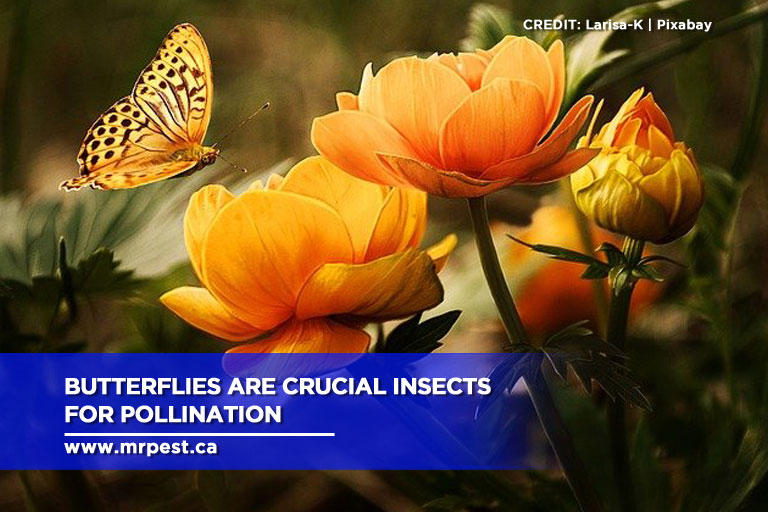
Your garden is home to hundreds of insects, but only a small number are destructive. Most of them are either harmless or beneficial, which can be categorized into 3 types:
- Pollinators – Insects (e.g. bees, butterflies, moths) that pollinate the flowers.
- Predators – Insects (e.g. ladybugs, green lacewing, and praying mantis) that eliminate common garden pests by eating them.
- Parasitizers – Like predators, these kinds of bugs feed on other insects but in a unique way. They lay eggs on the destructive bugs, making them host once the eggs hatched. Braconid wasp and lacewing are perfect examples of parasitizers.
Bees and butterflies are the most popular beneficial insects, but did you know that there are more lesser-known species that may be in your garden? You may have seen them but considered them as garden foes.
Here are other 10 beneficial insects that are worth knowing:
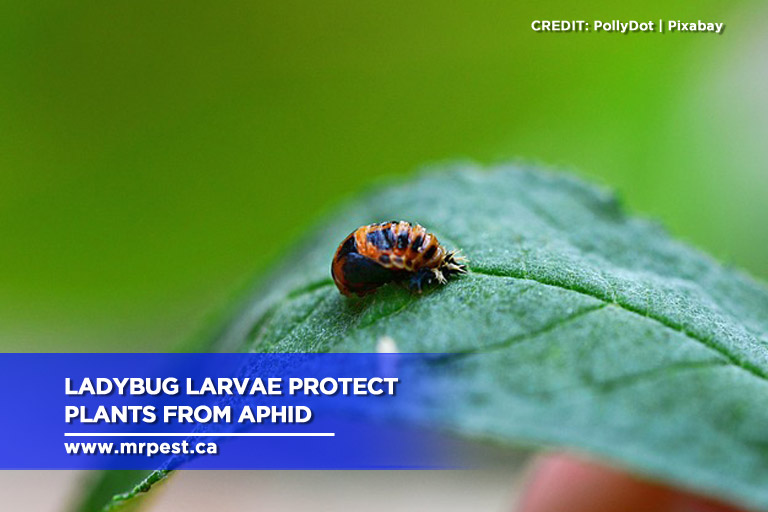
1.Ladybugs – If you spot a cluster of bright yellow eggs on plant leaves and stems, do not get rid of them; be glad instead. Ladybugs eggs prove to be plant-friendly. The eggs will hatch after a week. Horned, segmented larvae will insatiably seek food. Just like caterpillars, ladybugs undergo four stages of metamorphosis: eggs, larvae, pupa, and adults. Larvae are ferocious predators that feed on approximately 400 aphids before pupating. Adult lady beetles will eat over 5,000 aphids during their lifetime. These voracious plant-friendly insects also consume mealybugs, whiteflies, and other small insect pests.
2.Praying Mantis – Praying mantises are the gardener’s best friend. Their 2 thick front legs are quick to strike and grasp prey on different insects, such as aphids, flies, cockroaches, moths, caterpillars, and even small rodents in the garden. However, their voracious appetite does not discriminate as they feed on both harmful and beneficial insects.
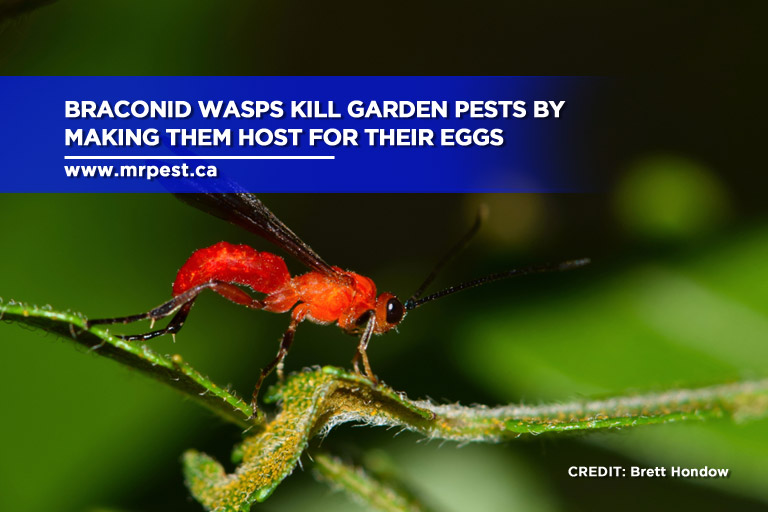
3.Braconid Wasps – Braconid wasps are naturally excellent exterminators. Adult female braconid wasps lay their eggs inside or on soft-bodied host insects, such as caterpillars, cabbage worms, tomato hornworms, and other garden pests, weakening or killing them. A single female braconid wasp can produce up to 200 eggs a day during the summer. The scent of caterpillars feeding on plant leaves can attract braconid wasps to your garden. These fast-moving wasps feed on flower nectar and pollen, as well as flowers with small florets, including parsley, wild carrot, yarrow, and dill.
4.Ground Beetles – Ground beetles are nocturnal bugs with an insatiable appetite for snails, slugs, cutworms, cabbage maggots, and other damaging pests that thrive in your garden’s soil. An adult ground beetle attacks in the night, consuming more than 50 caterpillars and hiding beneath rocks or in soil crevices during the day. They also feast on pests at or below the soil.
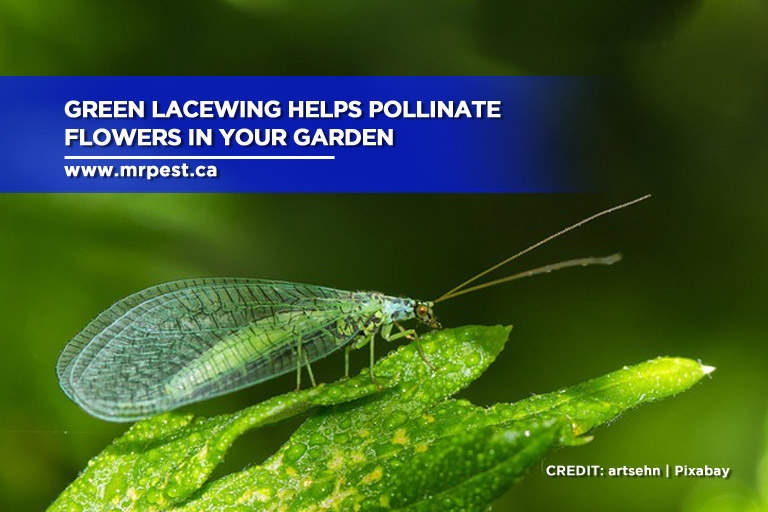
5.Green Lacewing – Often found in gardens, the adult green lacewings are known for their attractive green wings. A female lacewing can lay about 200 tiny, oblong eggs, which hatch within 4 days. The larvae green lacewings protect the garden by preying on various garden foes, including mites, aphids, caterpillars, mealybugs, whiteflies, and leafhoppers. However, when they become adults, they lose their predator instinct and feed on plant nectar, pollens, and honeydew.
6.Spiders – Spiders will feast mostly on pests you never wanted to see in your flower beds, such as wasps, aphids, mosquitoes, and flies. Although some people fear spiders, they are garden-friendly insects that protect your favourite perennials from pesky pests and maintain a healthy balance in your landscape. As soon as they rose from dormancy, spiders work hard to eliminate insect pests from your garden beds early in the spring and continue to feed on them through the seasons.
7.Aphid Midge – Do not be fooled by their small size and homely appearance. Larvae aphid midge can prey on up to 65 aphids in a day. Using their strong jaws and paralyzing toxins, they help prevent aphid infestation on plants naturally. Females can lay about 100 to 200 eggs per clutch. They seek out and lay eggs in aphid colonies to provide larvae with a ready food supply once they hatched. Aphid midges like to thrive in a humid environment with a temperature ranging from 68 to 80 degrees Fahrenheit. They require enough water sources and plants with nectar and pollen.
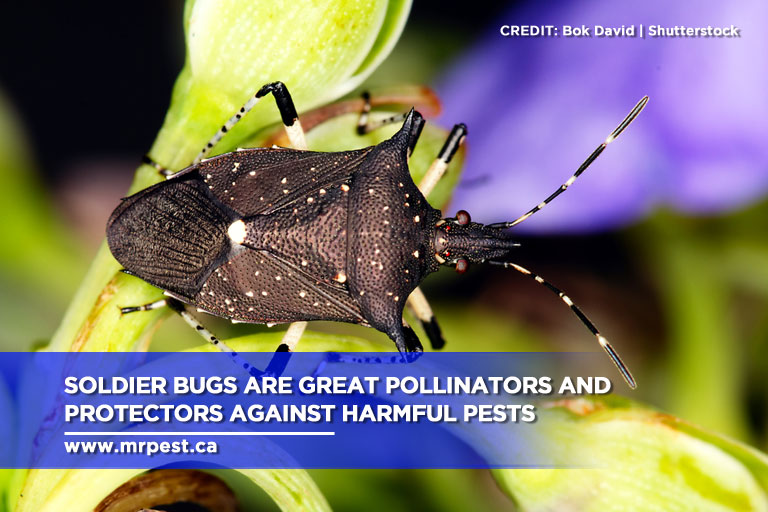
8.Soldier Bugs – Soldiers beetles are good garden insects. Adults flit from flower to flower, making them pollinators for flower and herbaceous gardens. Both adult and larvae prey on the eggs of many garden pests, as well as other larvae and soft-bodied insects that munch on your garden plants. Plants that attract these beneficial insects include catnip, milkweed, goldenrod, and hydrangeas.
9.Assassin Bugs – Characterized by their long, sharp beak-like mouth, assassin bugs live true to their name. They impale their prey through their beak, injecting enzymes into the body of their victim, liquefying its body contents and sucking them through their beak. Their diet includes aphids, leafhoppers, caterpillars, and Japanese beetles. Be careful around them since their bite can be painful to humans. See your doctor immediately if you experience pain or swelling.
10.Tachinid Fly – Tachinid flies help control harmful pests in the garden by killing them. They also make great pollinators and can effectively survive at higher elevations better than bees. These useful insects lay eggs that a host will feed and later die or inject their eggs directly into the body of the host. The larvae will eventually grow inside the host’s body, killing them in the process.
Not all insects in your garden are harmful. Using pesticides can harm both good and bad bugs. Protect them and they will help you in return. Make sure to identify them from the pest and know how many pests are tolerable in your garden. However, if your pest issue is overwhelming, it is time to contact a reliable exterminator that uses the safest and most efficient pest control in Barrie.
Mr. Pest is a trusted residential and commercial pest control specialist since 1991. We provide a quick, quality, and effective pest control program to keep your property pest-free and put your mind at ease.
Call us today at any of our offices to book an appointment with us:
-
- Barrie: (705) 739-PEST(7378)
- Orillia: (705) 326-3377
- Midland & Area: (705) 739-7378
- Simcoe County: (705) 739-7378
- Toll-Free: 1-888-794-PEST(7378)


